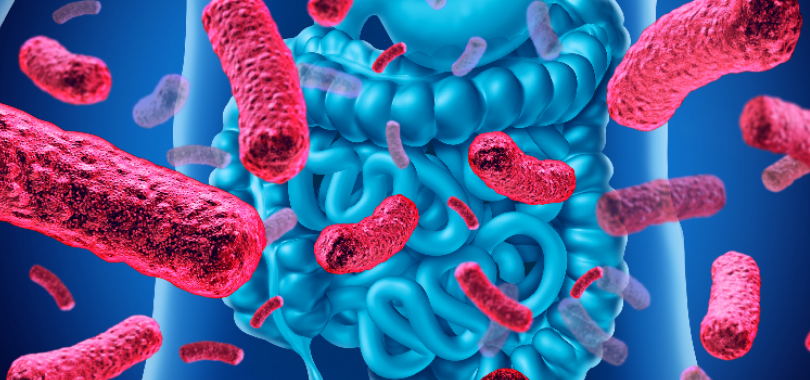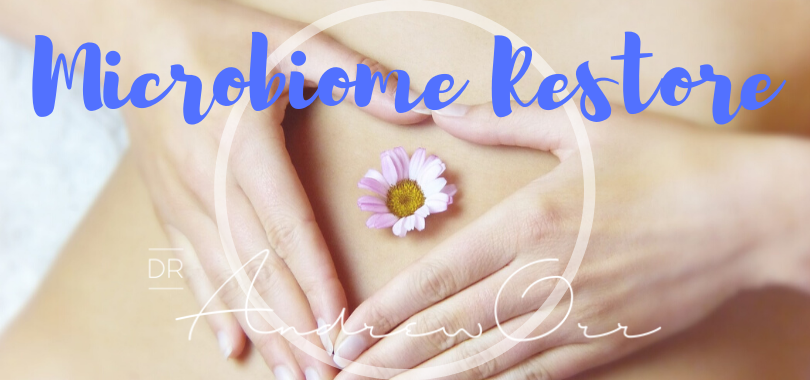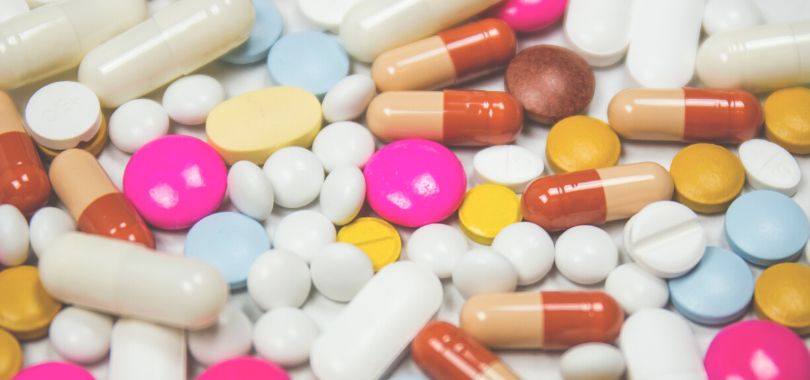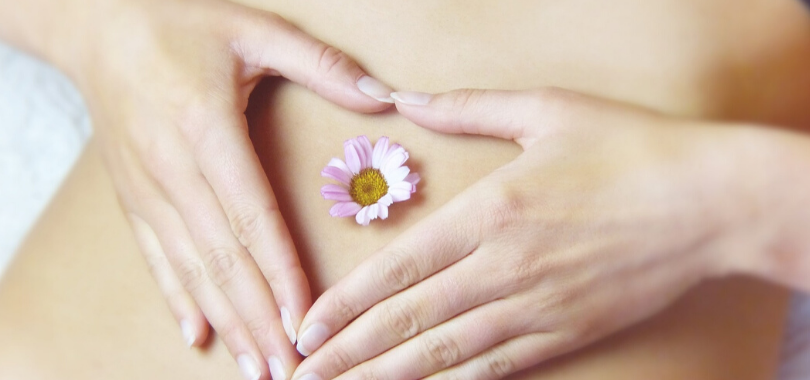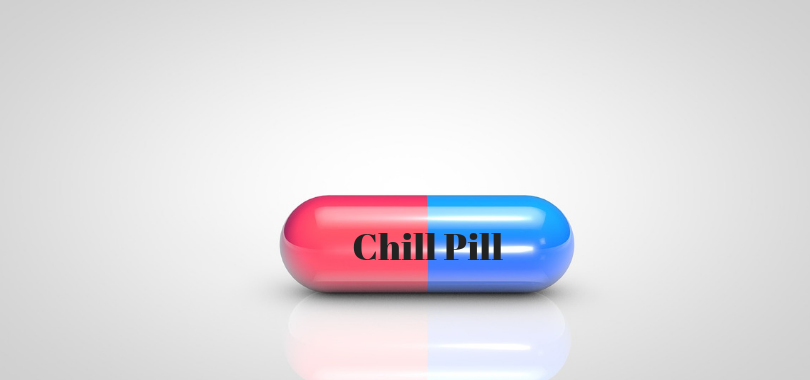Many people often talk about how they get flares of their endometriosis and adenomyosis symptoms often. While in some cases it may actually be the endometriosis, or adenomyosis causing their flare, in truth, many times it is other things actually causing their flare and it is so important to understand this. Maybe what you think is endometriosis, or adenomyosis symptoms, may just be caused by something else?
In this post I want to bring awareness to the fact that sometimes it is not always Endometriosis, or Adenomyosis causing your current symptoms. It may be one of the following facts only, or in combination. What we need to remember is that many women with endometriosis, and adenomyosis, often have other issues that are flaring their current symptoms, and often present the same as endometriosis and adenomyosis, in their symptomology.
We also know that many other causes of flares of symptoms are often overlooked, and even dismissed, just as endometriosis and adenomyosis is often missed and dismissed.
Many women may have other issues going on at the same time as having endometriosis, or adenomyosis, and it is possible to have both endometriosis and adenomyosis combined and well as having other health issues in combination as well. Just remember that not all your symptoms may be endometriosis, or adenomyosis, and why it is so important to see and expert in these conditions.
If you do need and expert and need help with endometriosis and adenomyosis, please give my friendly staff a call and find out how I may be able to assist you.
Let’s have a look at the first 12 cause of “What You Thought Was Endometriosis and Adenomyosis Symptoms, But Maybe Isn’t”
Causes of a Flare of What You Thought Was Endometriosis and Adenomyosis Symptoms, But Maybe Isn’t ( 1-12)
1.Stress – Stress is the one of the biggest causes of ill health, or in exacerbating current health issues and their symptoms. Stress also heightens pain pathways, it increases inflammation, interferes with moods, disrupts hormone pathways and also increases acidity in the body. This then leads to increase in symptoms such as pain, gastrointestinal issues, fatigue, and increase in emotionally generated symptoms. Have a read of my previous article of this (Click here to read)
2.Anxiety– Anxiety is also a big cause in aggravating and exacerbating symptoms of endometriosis/adenomyosis. When control issues are heightened, the body spirals out of control and anxiety kicks in and exacerbates symptoms. This also heightens pain pathways like stress does, and also disrupts hormone pathways as well. This then drives pain pathways, upsets the gastrointestinal system, disrupts sleep and also creates fatigue. I have done a previous post of anxiety and pain pathways previously (Click here to read)
3.Busyness– Busyness is one of the number one drivers of stress and anxiety issues. Lack of time out and on the go, pushes the body to exhaustion, and also activates adrenalin and cortisol levels, which in turn interfere with hormone pathways. Busyness is really stress under another name, and can produce all the same symptoms as stress does. Busyness can also be a big factor with fertility and pregnancy too. See previous post (Click here to read)
4.Alcohol– One of the number one things to flare endometriosis/adenomyosis symptoms and any gynaecological issue is alcohol, especially excess alcohol. Alcohol can also be a big factor in period pain and also irregular cycles. It can also exacerbate heavy bleeding, especially with adenomyosis. Alcohol is full of sugars and it really is a drug and a toxin, especially in higher doses. Alcohol is also inflammatory and will exacerbate inflammatory conditions in the body. Alcohol also adds to fluid retention and body fat, and can interfere with moods.
5.Smoking – Smoking not only adds to inflammation in the body, but it also increases the risk of certain cancers, including gynaecological The byproducts of cigarette smoke have been found in the cervical mucus of women and these toxins are literally leaching into your uterus, your vagina, and surrounding tissues and organs. Ewwwww. Smoking definitely increases inflammatory processes in the body and leads to increases symptoms.
6.Refined foods– Highly refined foods increase blood sugar levels, which then makes the body store fat, and stops the burning of fat.
Excess body fat also drives inflammation, and is also estrogenic. Estrogen drives endometriosis/adenomyosis.
Excess refined carbs also cause increase insulin, which in turn causes inflammation in the body too. This increase inflammation exacerbates pain pathways and other symptomatic responses in the body.
A lot of refined foods are from grains, which also contain gluten. Gluten causes gut irritation and inflammation – a lot of people won’t even realise that their problems are caused by gluten. Have a listen to my video blog about a proper diet (Click here to read)
7.Too much sugar– Excess sugars and things such as chocolate (big one) is a big driver of inflammation in the body. The excess sugars also make the body store fat, and they also increase pain and exacerbate pain pathways. The excess sugars also disrupt the gut microbiome and increase bad bacteria, which also drive inflammation and increase gastrointestinal issues such as bloating and abdominal pain. It can also affect bowel function. Have a read of my post about the toxic consequences of sugar ( Click here to read)
8.Legumes (chickpeas, lentils, soy etc)- Lentils, beans (i.e. kidney, pinto, broad etc),peanuts (they aren’t nuts, despite the name), soy beans, garbanzos and chickpeas are alllegumes. Like grains, legumes too contain harmful substances such as lectins and phytates, inhibiting nutrient absorption and causing inflammation. They also cause gas and bloating and many people do not realise the reactions they can cause in the body.
Raw legumes are toxic, so they need to be prepared (by soaking,rising, cooking, sprouting or fermenting) – however, preparation doesn’t entirely negate the harmful effects of the lectins. Despite soaking and activating, many people still react badly .
Soy is particularly bad, since the phytoestrogens content acts like the female sex hormone estrogen. This has been shown to have some damaging effects with healthy hormone functions. Endometriosis and adenomyosis is estrogen driven and women should stay away from soy and soy based products where possible.
9.Excess bad bacteria – Buildup of bad bacteria, called dysbiotic bacteria can cause inflammation and ill-health, physically and emotionally. A buildup of bad bacteria is a common cause of abdominal pain and bloating in women with endometriosis and adenomyosis. I have discussed dysbiotic bacteria is a previous post (Click here to read)
10.Acidic foods– Acidic foods may cause or aggravate certain digestive disorders, such as acid reflux gastroesophageal reflux disease, otherwise known as GERD. Acidic foods can also add to inflammatory processes in the body and why there is now mounting evidence to use a more alkaline diet for those with chronic inflammatory disease states. Common acidic foods are alcohol, certain citrus fruits, soft drinks, processed foods, refined foods, junk foods, and tomato based products.
11.Junk foods – Junk foods contain all sorts of nasty things, from trans fats(carcinogenic fats), additives, preservatives, saturated fats, acid, gluten, soy, refined grains, processed foods, environmental estrogens, high sugar and a whole lot of others things that can create inflammation in the body and add to exacerbating someone’s symptoms. This one goes without saying, yet some many people do not realise that just one serving of junk food could exacerbate symptoms for days, or longer.
12.Certain medications– Medications can be both friend and foe, depending on the length of time someone has taken them, and also the side effect profile of a certain medication. Certain medications can also cause withdrawal effects each day, and they can exacerbate symptoms of your health issue, including pain. This can also go for natural medicines taken wrongly, or taken for too long a period. This is why it is always important to be properly managed and monitored by a qualified healthcare professional. Have a read about this issue in a previous post (click here to read)

